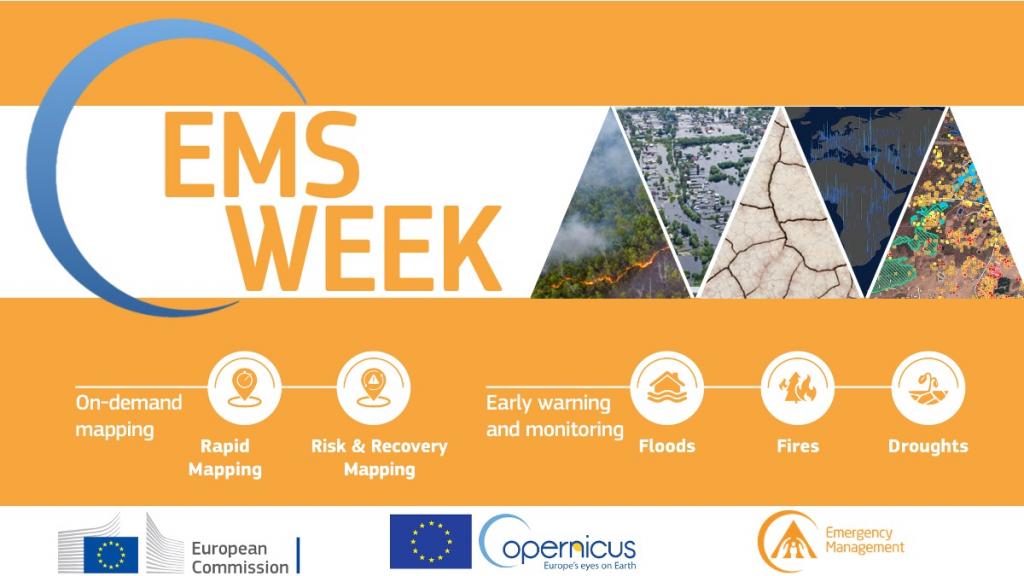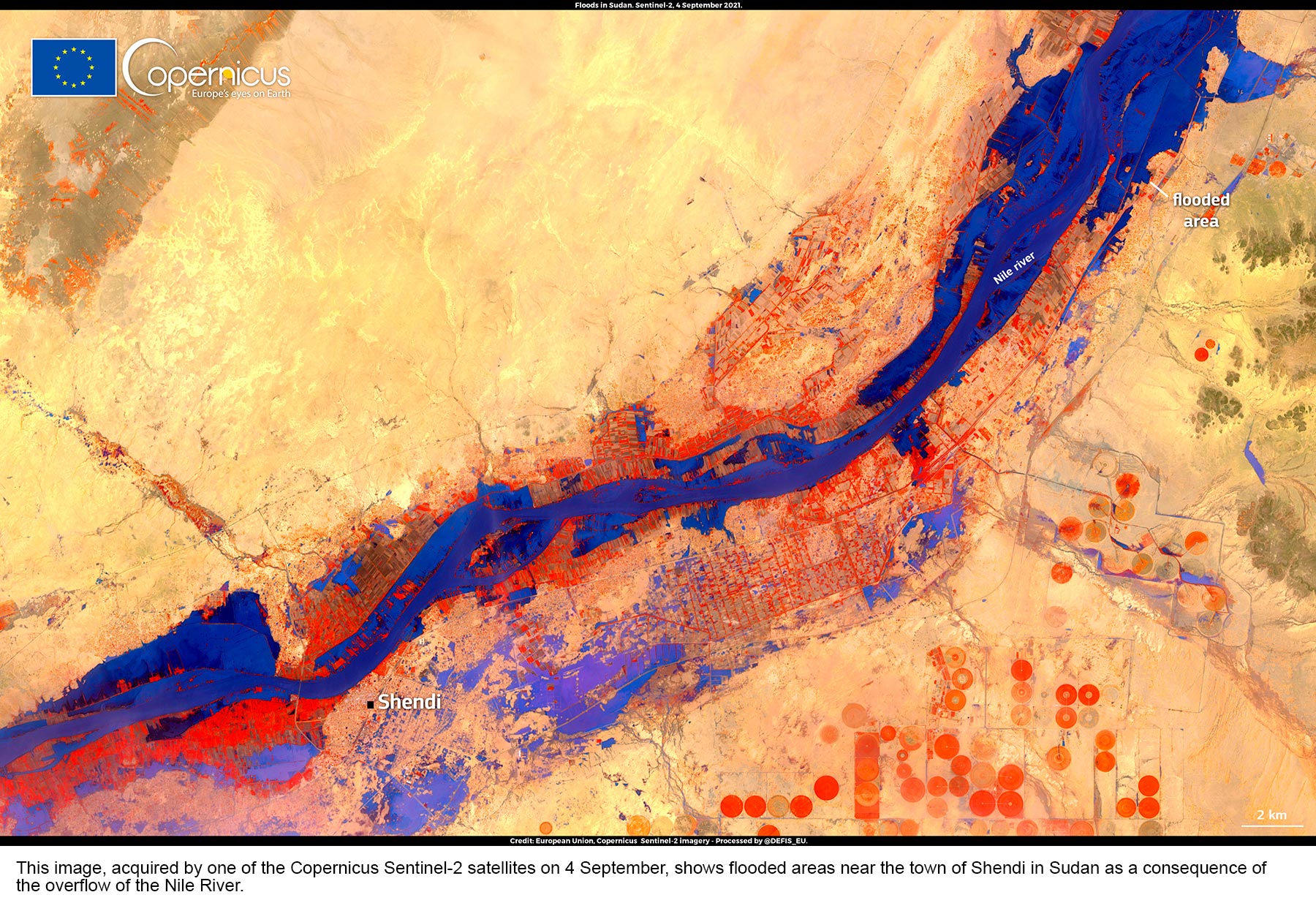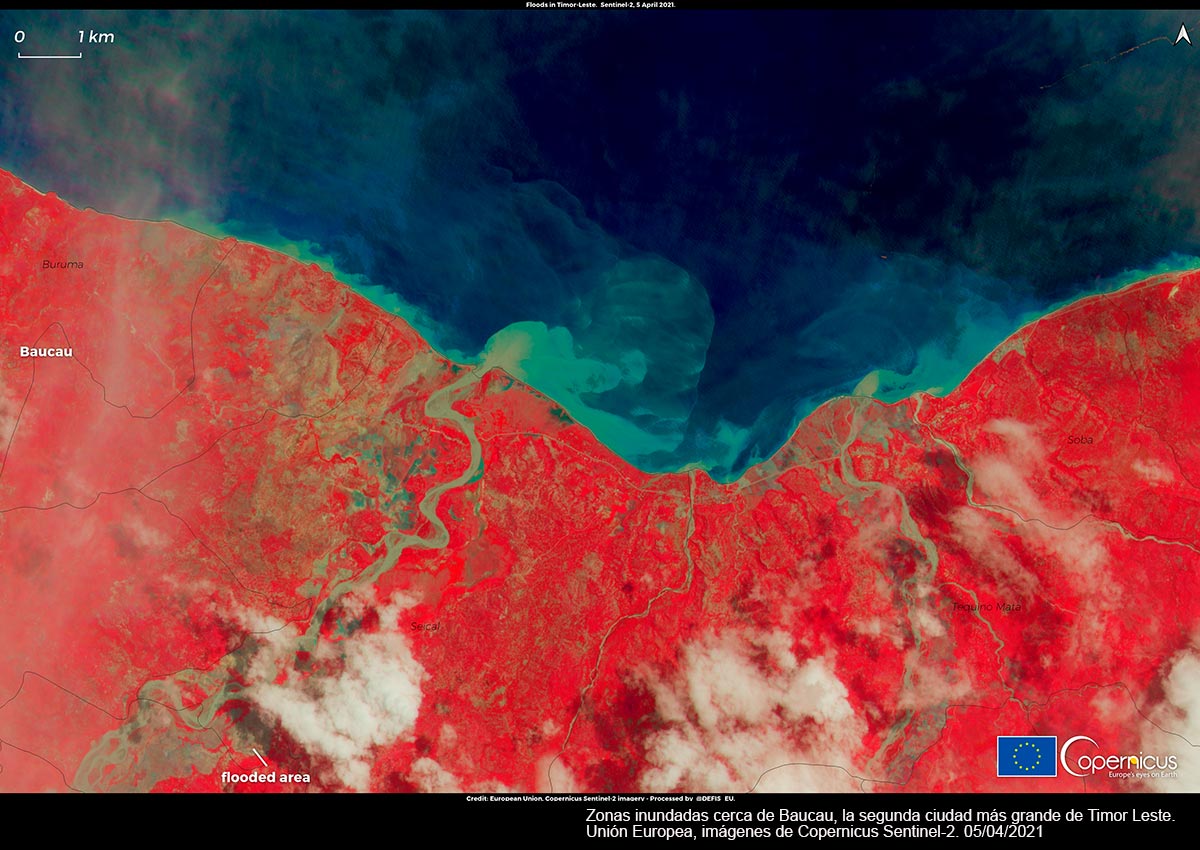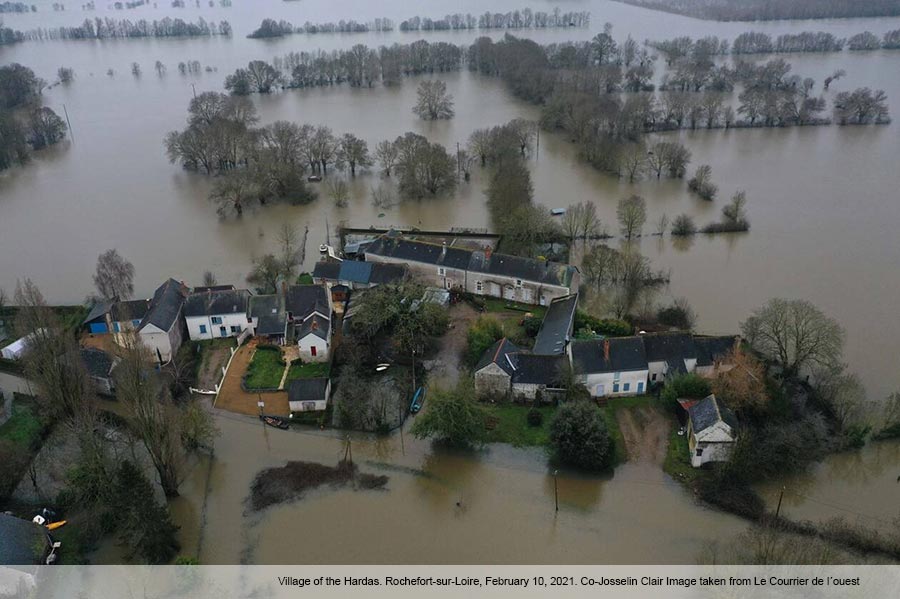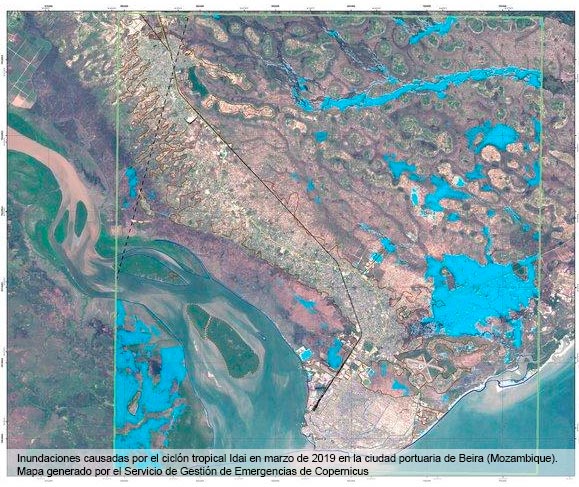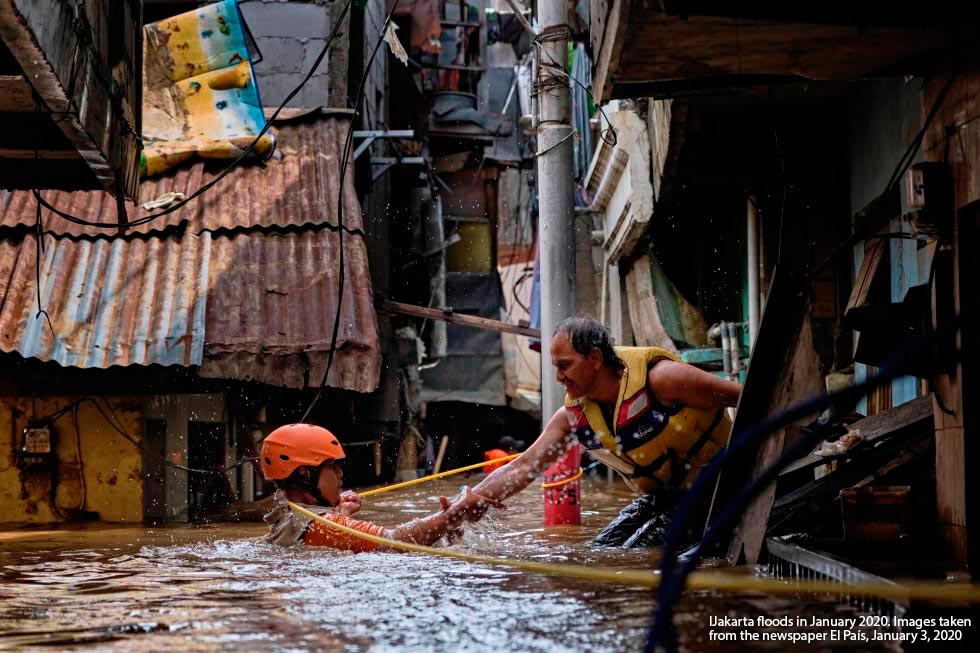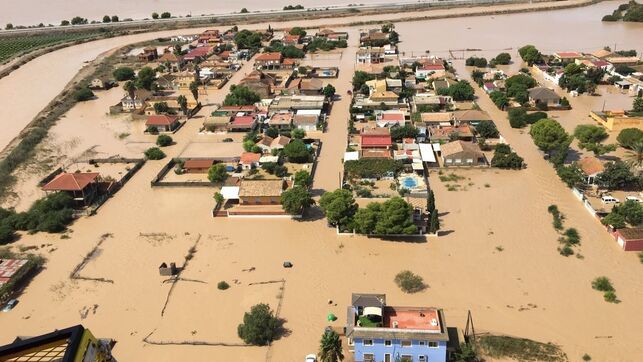In the article published in Nature International Journal of Science on August 28, 2019 (follow the link at the bottom of this news) a team of scientists led by Günter Blöschl and Julia Hall (Institute of Hydraulic Engineering and Water Resources Management, Technische Universität Wien), and by Nenad Zivkovic (Faculty of Geography, University of Belgrade) explains in a direct, accessible and enjoyable way how the attribution of European floods to Climate Change is hindered by the lack of a consistent signal in the field studies due to limited spatial coverage and number of hydrometric stations.
However, with regional/local scale analysis, such as AA-FLOODS advocates, this article demonstrates the existence of clear regional patterns of increases and decreases in river flood discharges observed in the last five decades in Europe, which are manifestations of a changing climate.
Water retention in the atmosphere by Global Warming
The study links the increase in river flooding as a result of the greater water retention capacity of a warmer atmosphere. These concerns are reinforced by evidence of the increase in economic losses associated with floods in many parts of the world, including Europe.
Any change in river floods would have lasting implications for the design of flood protection measures and the zoning of flood risk.
Regional variations and need for Management in detail scales
The results of this research arise from the most complete database of European floods so far, and suggest that:
1) the increase in fall and winter rainfall has resulted in increasing flooding in northwestern Europe
2) the decrease in rainfall and the increase in evaporation have led to a decrease in flooding in the medium and large basins in southern Europe
3) The decrease in snow cover and thaw, as a result of warmer temperatures, has caused a decrease in flooding in Eastern Europe.
Regional trends in flood discharge in Europe vary from an increase of approximately 11% per decade to a decrease of 23%. Despite the spatial and temporal heterogeneity of the observation record, the changes in floods identified by the article are broadly consistent with the projections of the climate model for the next century, suggesting that climate-driven changes already calls for attention to politicians and technicians to consider climate change as an essential factor in flood risk management are taking place.
Article «Changing climate both increases and decreases European river floods»

